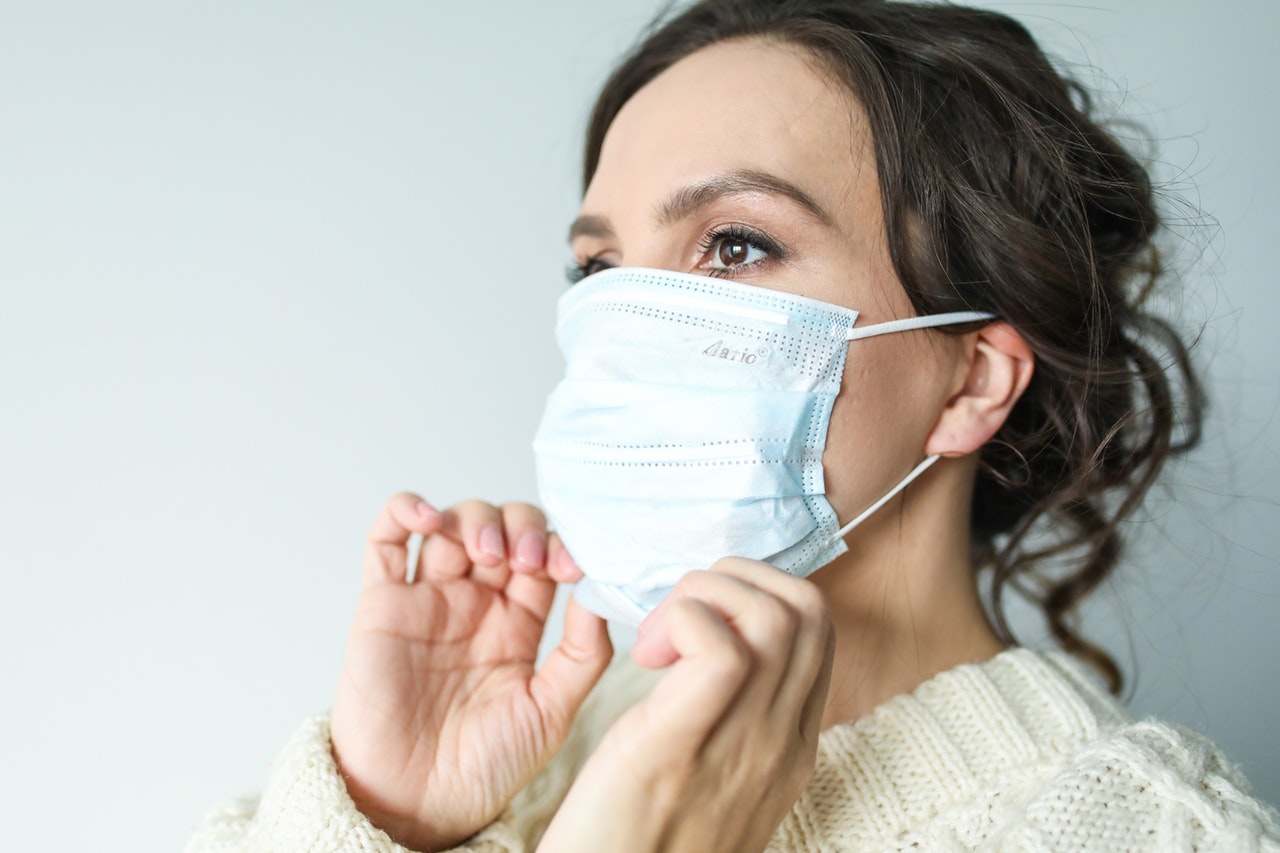
03 Mar Coronavirus Crisis Questions from Employment Law Solutions
With the diagnosed cases of Coronavirus increasing in the UK, business owners and managers are concerned over what steps they can take to protect their staff and the economic stability of their business. Founding partner of Employment Law Solutions Kevin Murphy has answered the three main questions below and included his 5 Top Tips on dealing with the crisis.
“My employee has been diagnosed with coronavirus and cannot attend work. Do I need to pay her?”
When an employee has been diagnosed with coronavirus they will most probably be given a fit note. If eligible, they will be entitled to receive Statutory Sick Pay (SSP) or contractual sick pay should they be entitled to it.
“My employee has self-isolated. Do I need to pay him?”
The Government advice is that it would be good practice to pay an employee who has self-isolated. The legal position is different and our advice is that if an employee self-isolates, they are not ill. Where an employee self isolates and is not covered by a fit note they are not entitled to either SSP or contractual sick pay, as quite simply, they are not yet ill.
In this example it may be beneficial to allow employees to work from home during their isolation period, or use annual leave instead.
“I have instructed my employee not to attend work. Do I need to pay her?”
You may instruct an employee not to attend work if they have had contact with someone who has been diagnosed with coronavirus, or who has returned from a high-risk country. When an employee has been instructed not to attend to work but they themselves are ready and willing to work, they should be paid.
This could be tricky for employers given that there is no obligation to self-isolate. Again, it may be beneficial to allow employees to work from home or use annual leave.
Our Five Top Tips to help minimise spread of coronavirus in the workplace and comply with your obligation to protect the health and safety of staff:
1. Provide anti-bacterial hand gel, either communal or individual (this could be classed as a trivial benefit and be tax free for employees and tax deductible for you);
2. Provide easy access tissue for staff to catch any coughs or sneezes;
3. Request cleaning staff or contractors pay special attention to ‘high touch’ areas and use anti-bacterial cleaning products;
4. Provide staff with hand washing guidance – this NHS link is great;
5. Provide, where possible, isolation facilities or the ability to work from home, should someone become unwell at work.
Kevin Murphy is an advocate at Team Stafford and if you then have any employment questions, please do get in touch, or use the live chat on their website.


Sorry, the comment form is closed at this time.